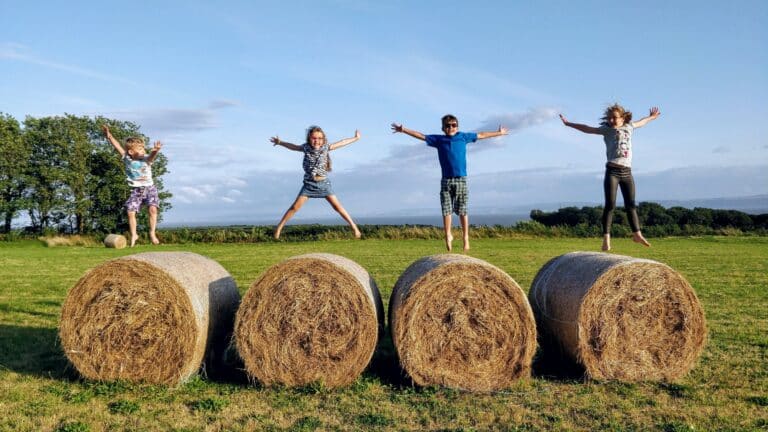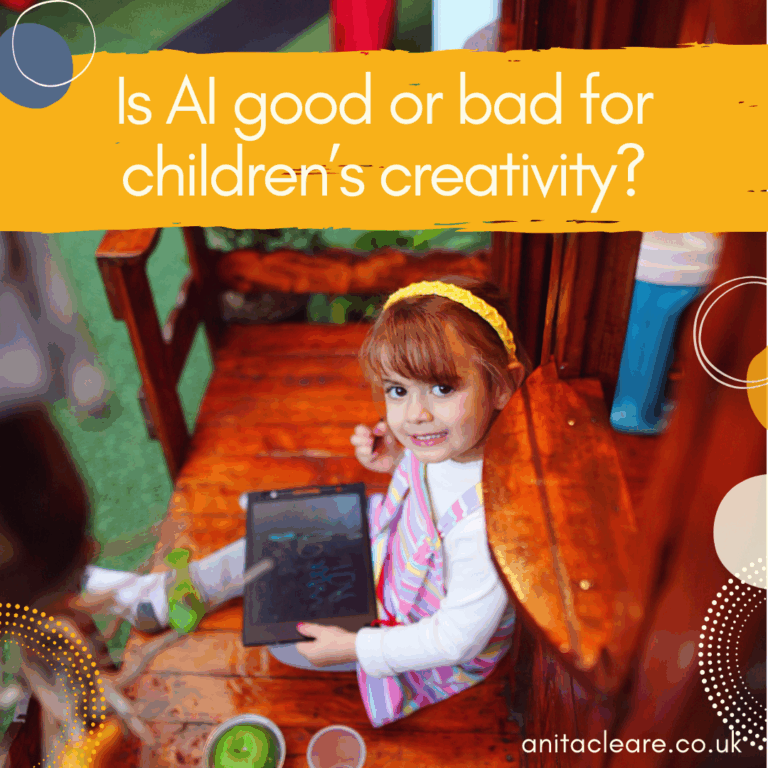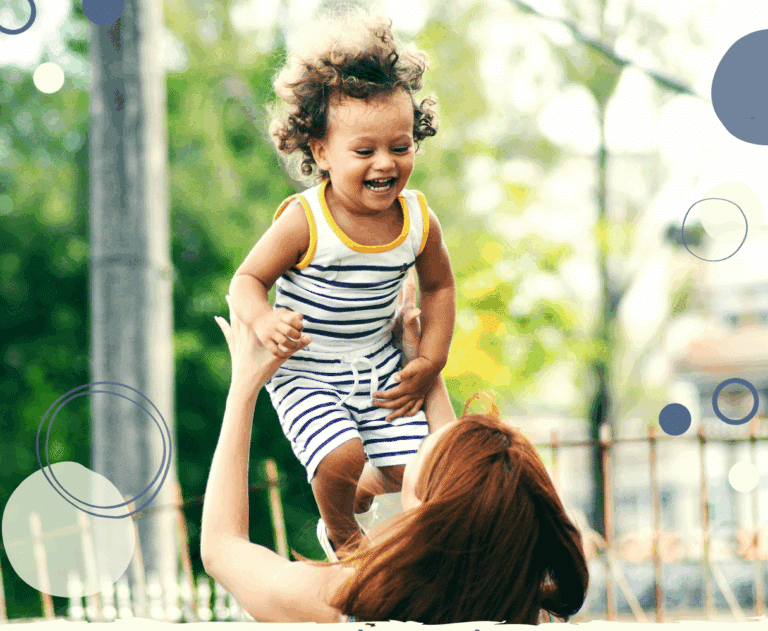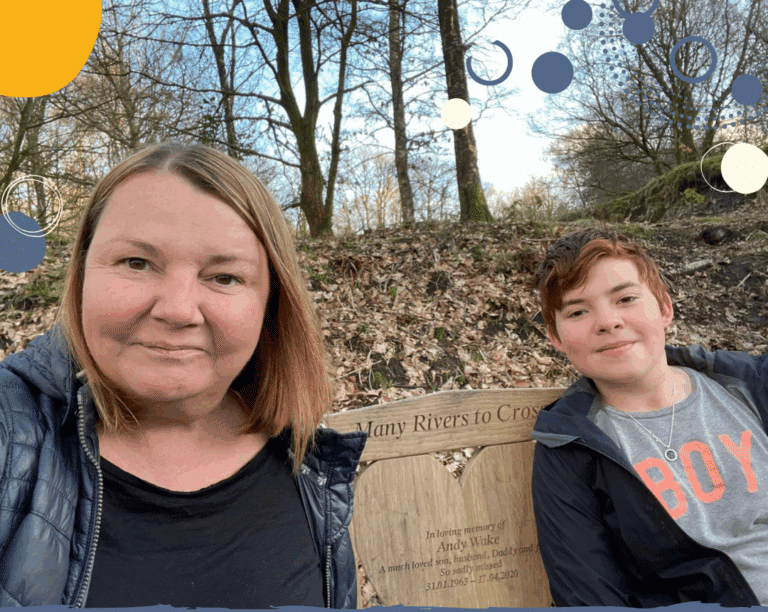Children need room to roam
Regular readers will know that I am passionate about play. Play helps children organise their brains and wire up their neurons. Children need room to roam, physically and imaginatively, so their opportunities for play are as wide and as varied as possible. That’s how they develop flexible and adaptive brains that can rise to challenges and solve problems. Good quality play builds intelligence. 
If children’s play is confined to a particular type or activity or location then they can miss out on that full range of developmental opportunities.
Parents’ desire to keep children safe is natural and right. But, in the modern world, keeping children safe often equates to keeping children indoors. That increased time indoors (in often sedentary or low-movement activities) is having a direct impact on children’s physical development and future health. But it also impacts on their brains.
Whereas in past eras, children were free to roam over wider distances and create their own play opportunities, now outside play tends to be confined to specifically designed spaces.
Modern play spaces are specialist areas, where risks are contained or eliminated. Adults take children to designated places to ‘do’ play – we take them to theme parks, to play parks, to children’s farms and soft play centres – where their play is structured and mediated by specialist equipment and rules. Genuinely free unstructured outdoor play is something some children now never get to experience.
It wasn’t so very long ago that I was growing up and play was a piece of string, an empty washing up bottle, a beetle on a branch and as many neighbourhood kids as happened to be gathered around the best climbing tree in our street. Yes, we did dance classes and sports clubs and play dates but our lives had big pockets of down time that we frequently filled outdoors, without adults, and with props that we found, made or scavenged.
Now, the area that kids are allowed to roam is much smaller and unstructured time is spent predominantly in front of a screen. A century ago, a UK child’s roaming area was up to six miles. Now, it is closer to 300 metres.
And since play is no longer free-roaming, good quality play is something we have to work to access. Childhood has become accessorised. Parents seek out specific toys and gadgets that claim to help children’s physical and cognitive development. Family time is designed around activities aimed at children (rather than children tagging along to adult activities and being expected to make their own play in whatever circumstances they find themselves).
I don’t think that the answer to this dilemma is to throw open the doors and allow children to do what they want in an unsafe environment. This isn’t about denying the importance of adults’ attention and time or giving permission for neglect. But I do think there are things all parents can do to create a bit more room for children to roam, physically and imaginatively.
You may not have a big garden or a safe neighbourhood, but all children can be allowed to get messy, to create a bit of havoc, to find ways of creating play out of boredom without digital props, to deconstruct their toys to see how they work (and maybe not manage to put them back together again). All children need to connect with nature, to take their time pulling petals off flowers and watching flies clean their wings, to dig soil and collect stones, feel grass on their skin and bruise themselves rolling down hills.
They need adults to leave them to it and not always jump in when they are making mistakes or when they are bored. And they need adults to foster not thwart their curiosity. Put down your phones, turn off the Wi-Fi and go for a walk that has no purpose. Don’t fill all your family time with kid-centric day trips. Go camping for a weekend: take a book, relax and leave the kids to find their own fun. Walk on a beach in wellies in winter.
In essence, play is just about interacting with our surroundings with an open and curious mind without adherence to a specific plan. That sounds like the kind of fun that might do all of us some good…….
Enjoyed this? You might like to read:







I’m 90 and have been saddened by how the little ones, have lost their freedom. And it shows. We had no supervision when going to school in all weathers, or in our “wild time” at weekends. It was war time, so effort was required by us to find what we needed, for blow pipes, barrel hoops, pram wheels with axle etc. At night the roads were ink black due to the blackout, but we made igloos in the snow and ice slides, on which one could reach “orbital speed” We learned which wild plants are edible, gathered wild fruit, nuts and mushrooms. I’ve walked tens of thousands of miles and still can, and do, walk 10 miles in a day!——-We had a wonderful adventurous life. Free as birds.
Thank you so much for sharing that John. Even in times of hardship, children find ways to play. And that childhood freedom to explore and create generates enormous ingenuity and resilience.